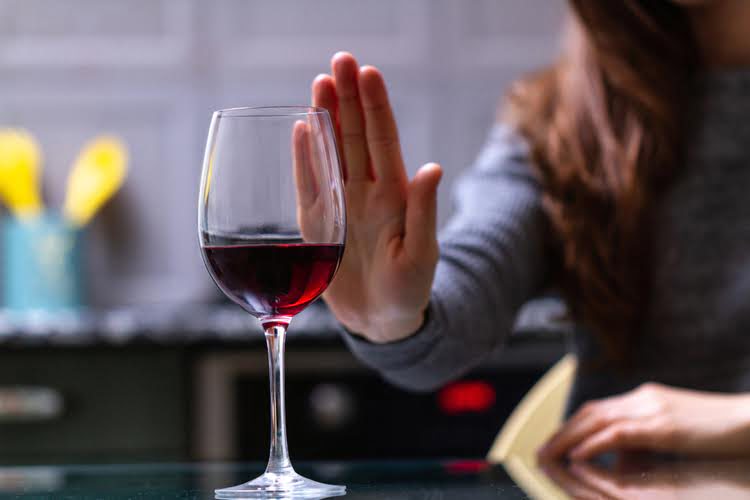This event led to improvements in sanitation and a revolution in urban water infrastructure development around the world, resulting in robust monitoring and testing strategies to face modern-day challenges. No matter what stage of addiction you or a loved one may be in, addiction treatment is available to help you overcome alcoholism. The person’s use becomes more frequent and risky, and they may begin to experience negative consequences such as health problems and job losses.
Finally, support groups, such as AA, can support the individual and give them a sense of accountability. Take a quick 5 mins quiz to get a personalized plan on how to treat your condition with ketamine therapy at home. “I am going on seven weeks of being sober, and I could not be any happier.”
FAQs about Stages of Alcoholism
We’ve compiled some of the most common questions about alcohol addiction. Once you leave the protective setting of a rehabilitation program, you are more likely to encounter triggers to begin drinking again. Developing a support system for yourself can help you stay focused on your recovery.
The 5 Stages of Alcohol Addiction: From First Drink to Recovery
- So, if you notice that drinking is affecting you, reach out for help now before you advance to the next stage.
- However, you can still overcome your alcohol use disorder with the proper medical treatment and recovery plan.
It is considered impolite for anyone to have an empty glass, especially when a senior person is pouring hard liquor. It is customary to wait for the senior person to be served before anyone else drinks. Increased drinking begins when the occasional drink with friends becomes a regular activity for yourself. People in this stage may choose to drink as an excuse to get together with friends, to alleviate stress and boredom, or to combat sadness or loneliness. Seeking help may feel impossible, but it’s the best decision you can make for yourself. Real Recovery is Florida’s best rated and largest sober living community committed to you and your loved one’s success in long-term sobriety.
Medication Assisted Treatment
The user will begin using alcohol to cope with stress and anxiety and alleviate boredom. alcohol rehab As you begin using alcohol more frequently, to essentially help with your mood and emotions, alcohol use is no longer occasional, and the use starts to become problematic. First, physical methods like screening out sticks and leaves are used.
- Accurate records of the volume delivered are kept to monitor consumption trends and for maintenance on the distribution facilities.
- You may be thinking of all your regrets, all the people you’ve hurt, and may take a deep dive into remorse, self-pity, and/or self-hatred.
- With that being said, alcohol is the most abused drug in the United States.
- It is in stage four of the stages of alcoholism where many people begin to realize that they have become dependent on alcohol.
Alcohol addiction develops when the individual is unable to stop drinking alcoholic beverages without experiencing physical and psychological manifestations. Binge drinking, or drinking a substantial amount of alcohol in a short amount of time, is generally believed to be the first stage of the stages of alcoholism. Binge drinking often occurs when people start experimenting with drinking.
In Korean culture, it is customary to pour drinks for others rather than pouring your own drink. The first drink is usually poured by the oldest person or the host of the gathering as a sign of respect to others. It is also common for everyone at the table to raise their glass and say “gunbae” (cheers) before taking their first sip. Alcoholism is treated through multiple levels of care to help you succeed in long-term recovery.
If you or a loved one are suffering from alcohol addiction, we’re here to help. Contact us today and speak with one of our trusted recovery advisors. Detoxification is frequently regarded as the initial step in the treatment process.

The person in recovery has transitioned through detox and immediate treatment to maintain sobriety. They continue to practice sober living habits to change their lives and support their ongoing efforts to manage their alcoholism and regain their life. During the first stage of alcoholism, the person is experimenting with alcohol. They may be drinking to feel better about themselves or to dull physical or emotional pain. The individual may be hoping that alcohol will help them with anxiety or allow them to forget.

Not only will the individual not be able to function without alcohol, but alcohol withdrawal may lead to severe tremors or even hallucinations. Once a person starts drinking whenever stressed, they’re in the third stage. The individual finds it difficult to cope with life’s stress without consuming alcohol. This stage can be confused with moderate drinking, which is consuming a glass of five stages of drinking wine or a beer with a meal.
